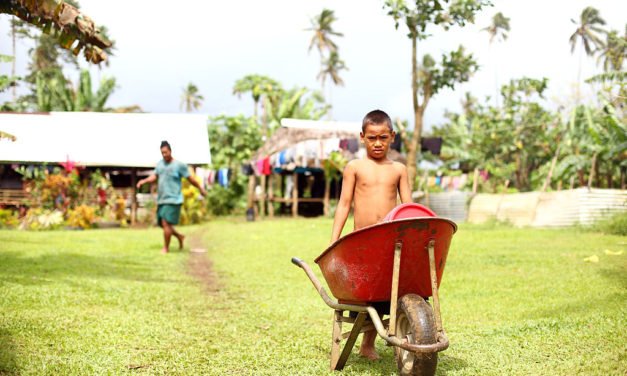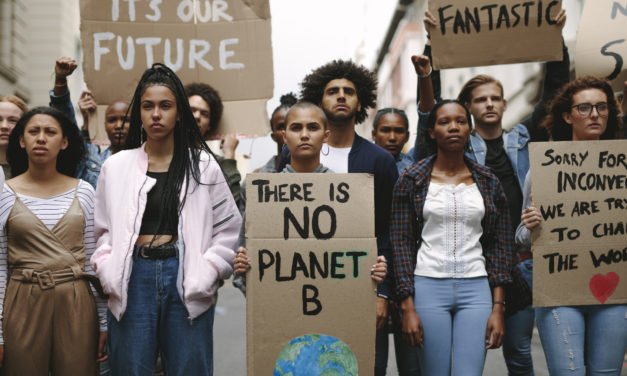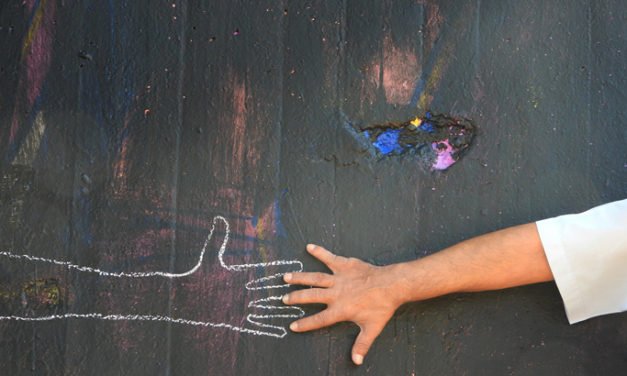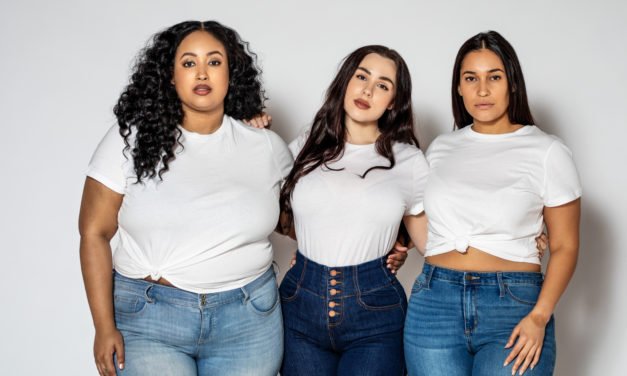The Buzz: Health Crisis in Paradise
Samoa, o le Penina o le Pasefika, the Pearl of the Pacific, a place filled with sunshine, vacation spots, and an unrecognized and ongoing health crisis. Paradise is home to an epidemic of non-communicable diseases. For decades, Samoans have suffered some of the highest rates of obesity, diabetes, and heart disease in the world. Much of this can be traced through the history of food in the islands. The ingredients, the cooking methods, and the ways we share meals reflect traditions passed down for generations. However, in Samoa, food is also a stark reminder of colonial rule.
Read More

















